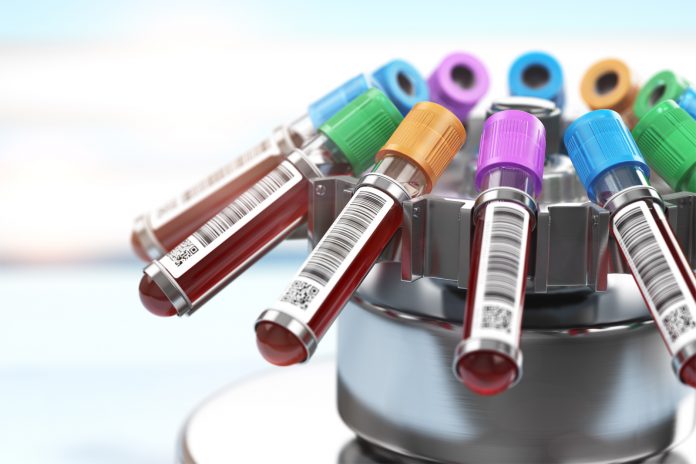The Leukaemia Foundation is releasing new figures showing seven in 10 (70%) Australians are unaware that, when combined, blood cancers are the second most diagnosed cancers in the country and the second most common cause of cancer-related deaths in Australia.
The research also shows that almost six in 10 (57%) Australians are unaware that blood cancer sadly remains the most commonly diagnosed childhood cancer in Australia.
With a 40% increase in incidence rates of blood cancers over the past decade, significantly higher than all cancers combined (23%), the Leukaemia Foundation is launching the 2022 World’s Greatest Shave campaign to raise awareness of blood cancer and its associated symptoms, whilst calling on all Australians to make it their mission to help defeat blood cancer by braving the shave.
“Today’s figures confirm that Australians are still in the dark when it comes to blood cancer. Unlike other cancers, there are no screening programs available to detect blood cancer early and no way to prevent it through lifestyle change. With four in five (78%) Australians not confident they could recognise the main symptoms of blood cancer, the chances of missing a crucial diagnosis are worryingly high. If you don’t know what you’re looking for, it can result in a delayed diagnosis and impact your chance of survival.”
“The first step to defeating blood cancer is raising awareness and making Australians aware of the symptoms. We know that the sooner a diagnosis occurs, the greater chance you have of beating your blood cancer,” says Leukaemia Foundation CEO Chris Tanti.
The most common blood cancer symptoms include recurrent infections, increased fatigue, night sweats, bone pain, unexplained weight loss, bruising and enlarged lymph nodes. With the recent sharp increase of Omicron Covid-19 cases, there is a risk of blood cancer symptoms being dismissed or mistaken for this virus, making raising awareness of blood cancer symptoms more important than ever before.
“Blood cancer symptoms can be mistaken for the flu or even Covid-19, resulting in people delaying contacting their GP and potentially a delayed blood cancer diagnosis.
As we enter the next phase of the pandemic, as a community we’re being asked to recognise Covid-19 symptoms. Similarly, it’s important that Australians are aware of the common symptoms of blood cancer and contact their doctor if these symptoms don’t improve. It could save your life.”
“110,000 Australians are living with blood cancer right now including leukaemia, lymphoma and myeloma and more than 5,700 are expected to lose their life to blood cancer this year. By 2035, twice as many Australians will be diagnosed and almost three times as many will lose their life to blood cancer,” says Mr Tanti.
For 24 years, World’s Greatest Shave has raised crucial funds to ensure the 50 Australians diagnosed with blood cancer each day have access to the right information and support they need to fight their diagnosis and live well. It also helps research scientists continue their search for better ways to diagnose and treat blood cancer more effectively. This simply wouldn’t be possible without the incredible fundraising efforts of everyday Australians signing up to shave, cut or colour their hair.
“With incidence of blood cancer continuing to rise, chances are you know someone who has been impacted. The Leukaemia Foundation is on a mission to raise awareness of blood cancer and defeat the disease and together with our brave shavers we believe it is possible to achieve our goal of zero lives lost to blood cancer by 2035.”
“Even in the midst of a global pandemic blood cancer doesn’t stop, so neither can we. I urge all Australians to join us and make it their mission in 2022 to support the growing number of people diagnosed with blood cancer every day by signing up to World’s Greatest Shave,” says Mr Tanti.







